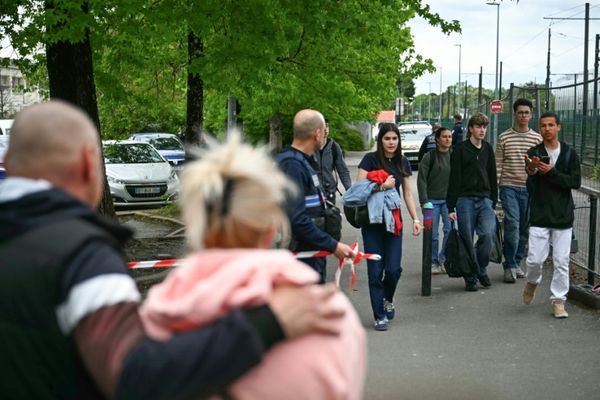
The death of a young woman at a privately run hospital could have been prevented, an inquest has concluded.
Emma Pring, 29, killed herself while an inpatient at Cygnet hospital in Maidstone in April 2021.
She was seen as a risk to herself at the time of her death and had been diagnosed with PTSD and depression, caused by surviving two sexual assaults. She was receiving trauma therapy at the hospital, which the inquest heard she found “extremely difficult”.
Caroline Sharp, Pring’s mother, told the inquest in Maidstone that she felt her death had arisen over a “cry for help”, and that she was “a ray of light through her own darkness to her family and friends”.
“I’m deeply concerned this was a cry for help, and her death was avoidable,” Sharp said.
Pring, who was finding it difficult acquiring a placement for trauma therapy, was admitted at Cygnet after the NHS Kent and Medway Clinical Commissioning Group agreed to fund her stay at the hospital. Sharp told the inquest that she thought it would be a “turning point in her life”.
The inquest heard how she found the trauma therapy difficult, and had phoned her mother saying that she “couldn’t cope”. While at the hospital, Pring had self-harmed and was taken to A&E on one occasion, although her mother was not informed.
On returning to Cygnet, Pring was placed on 15-minute observations due to her risk level. However, Tom Stonate, the barrister representing Pring’s family, put forward the view that a one-to-one, full-time observation regime could have prevented her death.
Dr Daniela Herescu, a consultant psychiatrist at Cygnet, said that other steps, such as giving Pring “anti-ligature” clothing, had been taken.
On Friday the inquest jury agreed that one to one observations “could have prevented her death”.
It found that her death occurred due to an “insufficient level of observation, and a misjudgement of Emma’s actual risk”.
The coroner, Catherine Wood, is also considering whether to issue Prevention of Future Deaths Reports regarding risk assessment and information sharing at Cygnet hospital, and about the lack of national standards in relation to the manufacture of anti-ligature clothing in the UK.
Sharp said that she thought her daughter would be receiving the best care “money could offer”.
“When Emma was transferred to Cygnet Maidstone on 23 July 2020, I thought that Emma would receive Rolls-Royce care, the best money could offer,” she said. “I hoped it would be a turning point in Emma’s life. Instead, Emma was utterly failed by Cygnet.
“The jury’s damning findings vindicate the concerns about Emma’s care we have had all along. She was struggling to cope with the trauma therapy she was being given, and her cries for help – which were getting increasingly desperate – were ignored. It is a tragedy to know that her death was preventable.”
Lucy McKay, a spokesperson for INQUEST, said: “Society must do more to respond to trauma and support survivors of sexual assault long before their health reaches crisis point. Mental healthcare providers nationally should reflect on the evidence of this inquest, including the dangerous use of ‘anti-ligature’ clothing in place of adequate risk assessment and observation.”
In the UK and Ireland, Samaritans can be contacted on 116 123 or email jo@samaritans.org or jo@samaritans.ie. In the US, the National Suicide Prevention Lifeline is 1-800-273-8255. In Australia, the crisis support service Lifeline is 13 11 14. Other international helplines can be found at www.befrienders.org.







